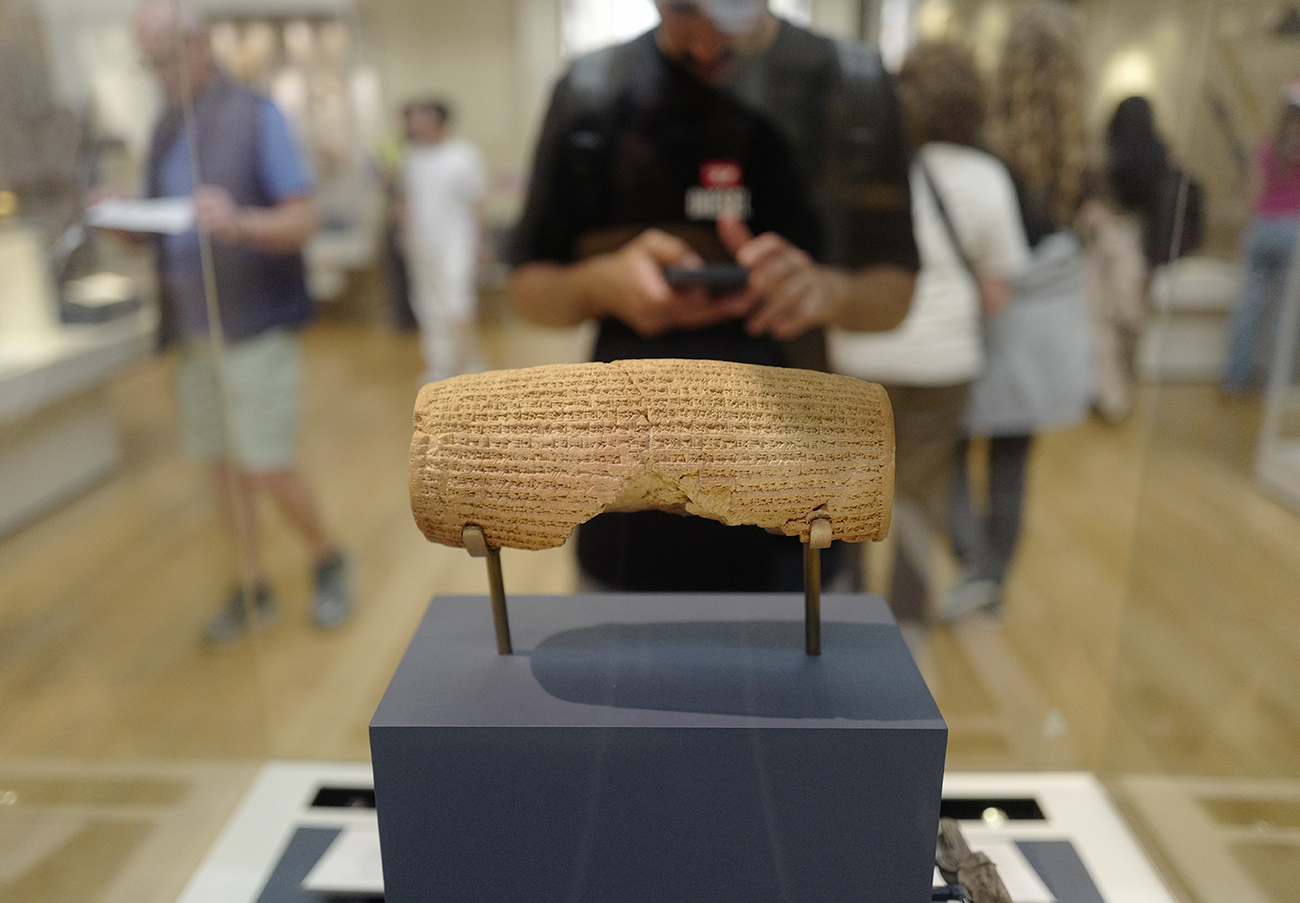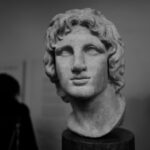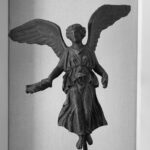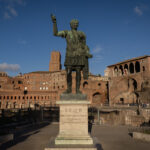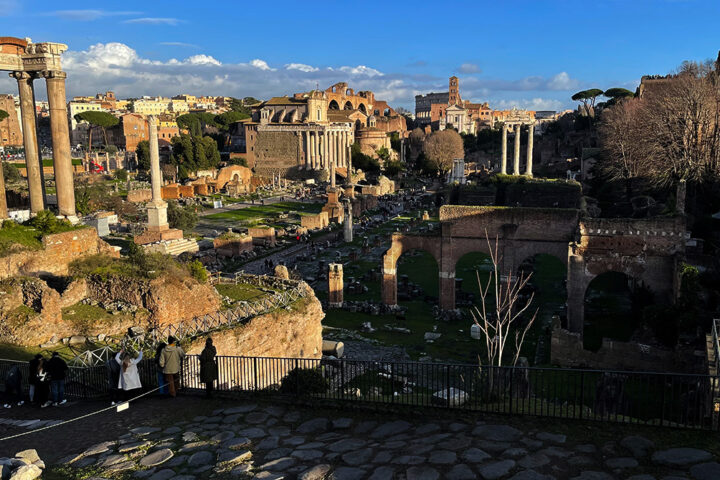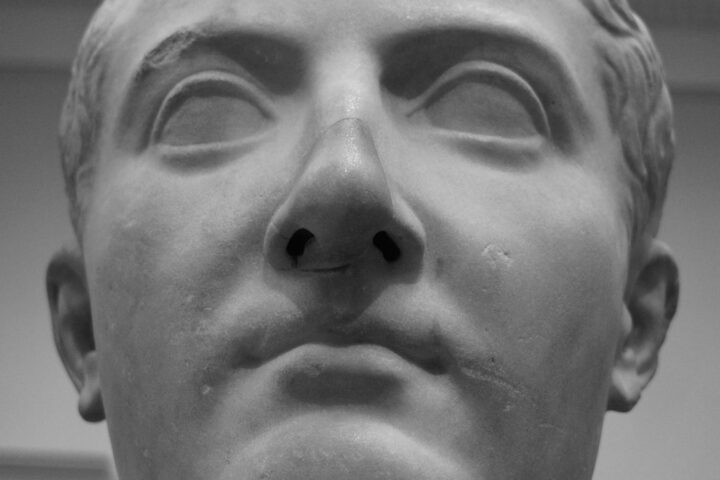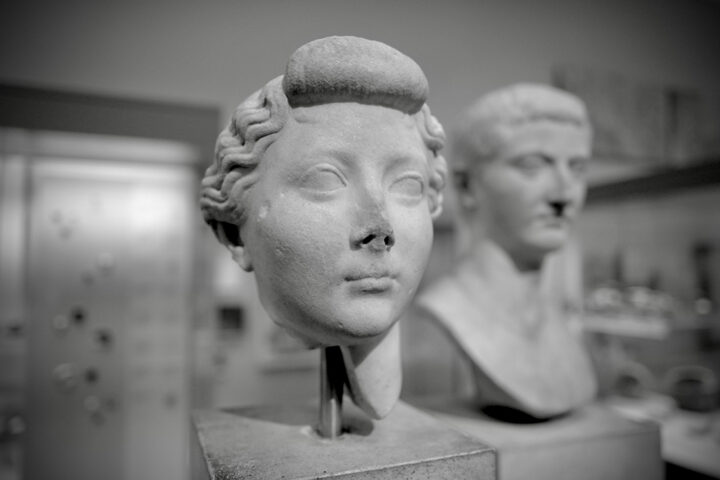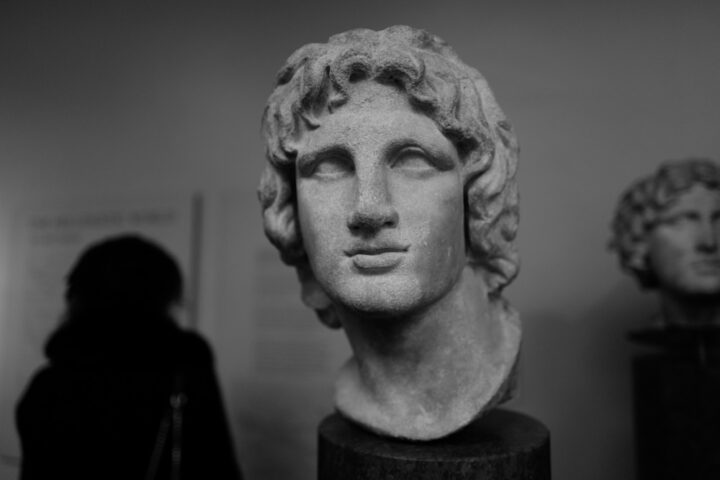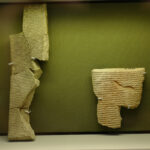In the lengthy tale of bygone eras, few individuals garner the veneration and admiration that encircles Cyrus the Great. Renowned for his forward-thinking governance and revolutionary decrees, Cyrus emerged as a pioneering ruler who shattered chains of oppression by eradicating the scourge of enslavement within his expansive domain. His narrative weaves together triumph, empathy, and a lasting influence that reverberates through the annals of time.
Cyrus the Great, also acknowledged as Cyrus II, entered the world in 600 BC in Persis, located in the modern expanse of southwestern Iran. As the architect behind the Achaemenid Empire, Cyrus stood as a visionary luminary aiming to amalgamate the diverse amalgam of tribes and populace beneath his sovereign tutelage. His conquests echoed with a distinctive blend of governance principles emphasizing inclusivity, fairness, and recognition of the rights inherent to each individual.
Foremost among the remarkable contributions of The Legacy of Cyrus the Great: Abolishing Slavery and Building an Empire was his unprecedented act of dismantling the insidious institution of slavery that plagued the Achaemenid Empire. In an epoch when enslavement was a prevalent fixture in numerous civilizations, Cyrus’s bold stance represented a pioneering stride in championing the autonomy and dignity of all individuals. By enacting the cessation of slavery, Cyrus not only established a formidable legacy but also set a monumental precedent influencing posterity and the ebb of historical currents.
The proclamation to abolish slavery was not merely an ethical statement for Cyrus; it also bore strategic significance. Through granting emancipation to those ensnared in bondage within his realm, Cyrus managed to elicit the allegiance and backing of a diverse cadre of subjects. This move imbued his empire with a robust cohesion, nurturing a sense of solidarity and unity among its populace.
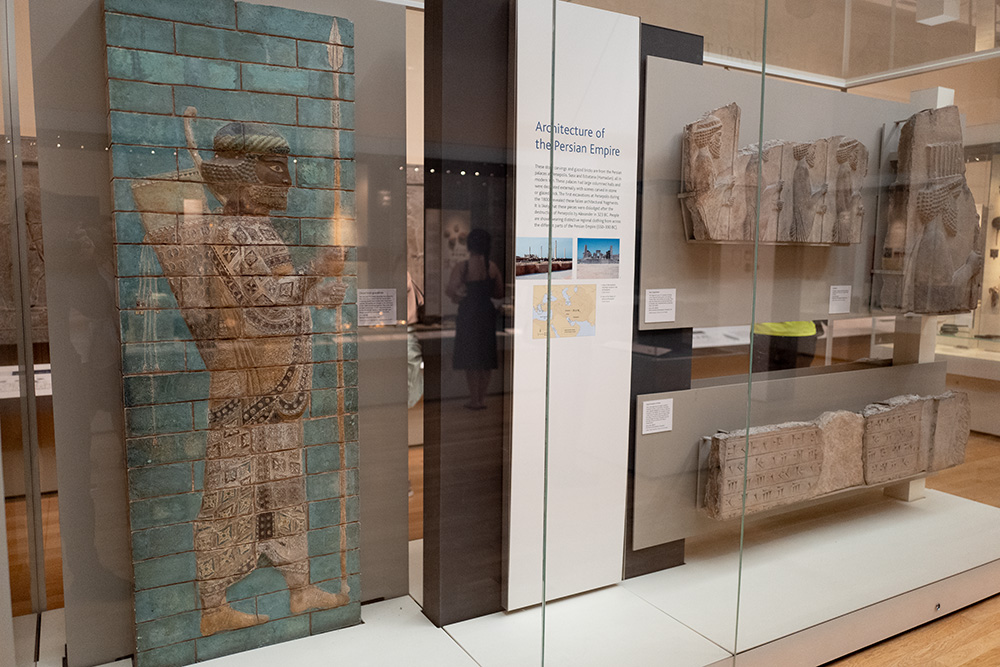
Beyond the abolition of slavery, The Legacy of Cyrus the Great: Abolishing Slavery and Building an Empire showcased his acumen as a military tactician who expanded his dominion through a string of triumphant forays. His most famed triumph culminated in the toppling of the mighty Babylonian Empire, cementing his reputation as an indomitable sovereign and commander.
In addition to his military exploits, Cyrus forged a reputation steeped in enlightened policies championing religious liberty, cultural diversity, and bureaucratic efficacy. He instituted a governance framework that accommodated local autonomy while preserving a central authority structure. This equilibrium of power laid the bedrock for stability and prosperity within the annals of the Achaemenid Empire.
Despite his martial prowess and statesman’s mettle, Cyrus the Great remained grounded in humility and benevolence. Noted for his magnanimity towards vanquished foes, he frequently extended clemency and pardon to those who capitulated. This ethos of generosity and leniency endeared him to many, earning him the moniker of “the progenitor of his citizenry.”
The chapter of Cyrus the Great’s reign drew to a close in 530 BC when he met his demise in battle against a nomadic faction in Central Asia. Nevertheless, his legacy endured through his progeny and the enduring virtues of equity, equality, and liberty that he championed.
He emerges as a luminary trailblazer in the crusade against enslavement and a stalwart advocate for human entitlements. His saga acts as a beacon, illuminating the potency of empathy, sagacity, and authoritative stewardship in shaping the trajectory of human chronicles. Through delving into the archives of Cyrus’s life and legacy, we glean inspiration and counsel for our pursuits towards sculpting a world founded on justice and parity.


